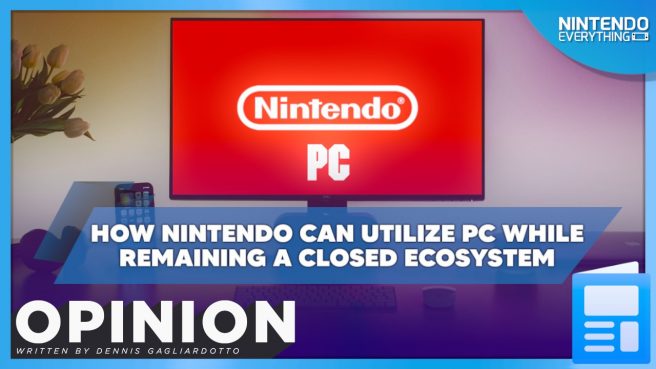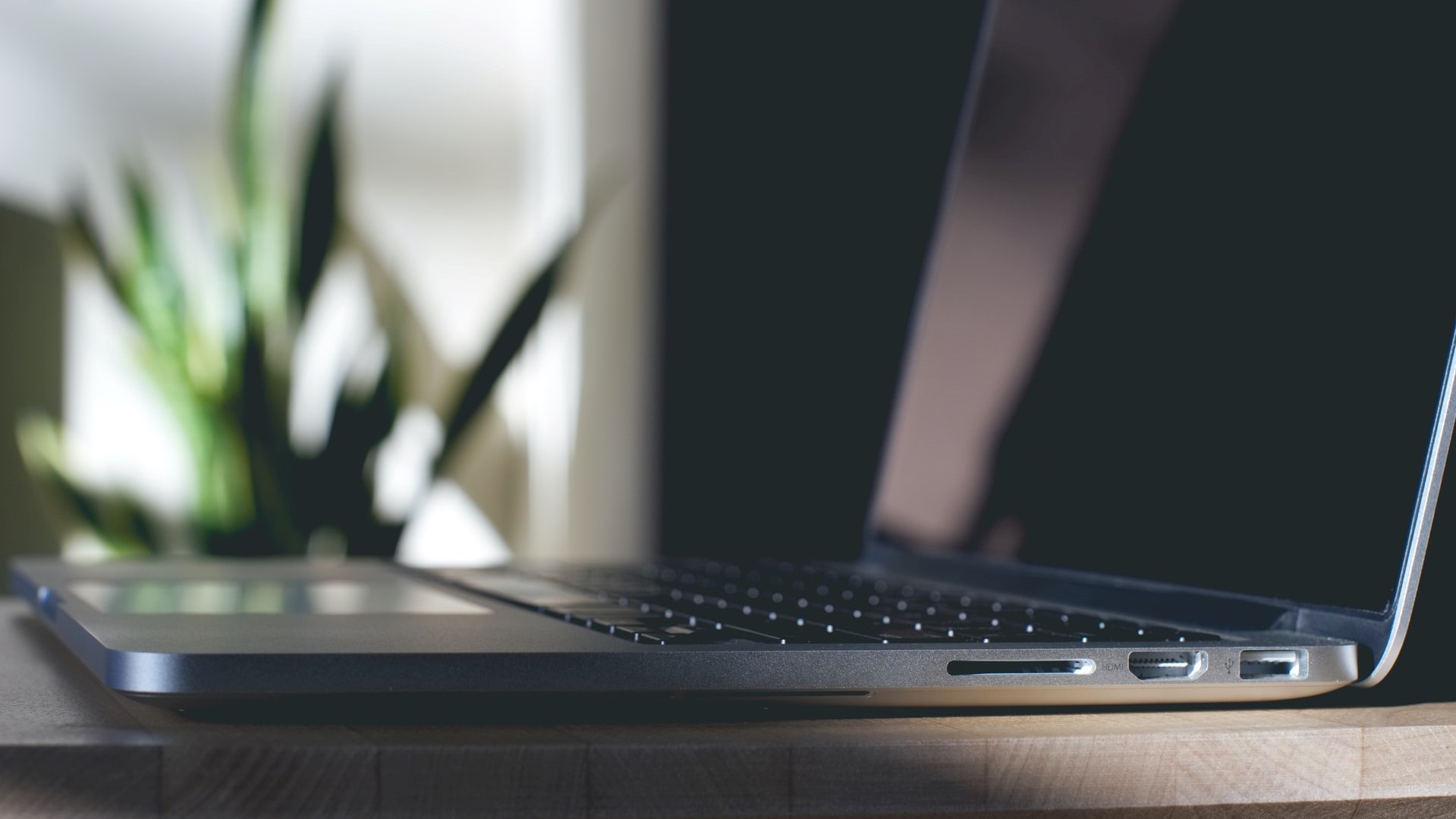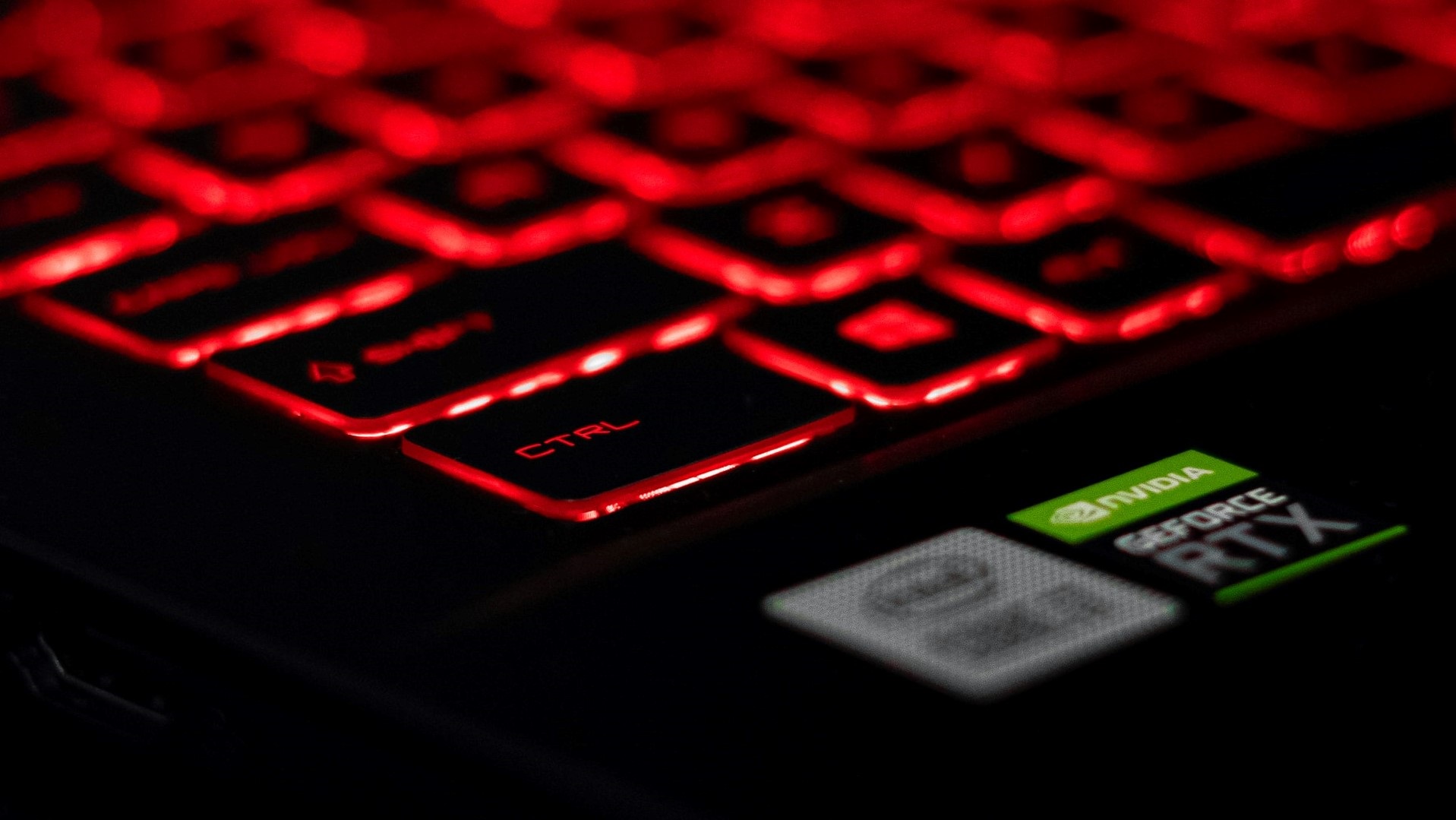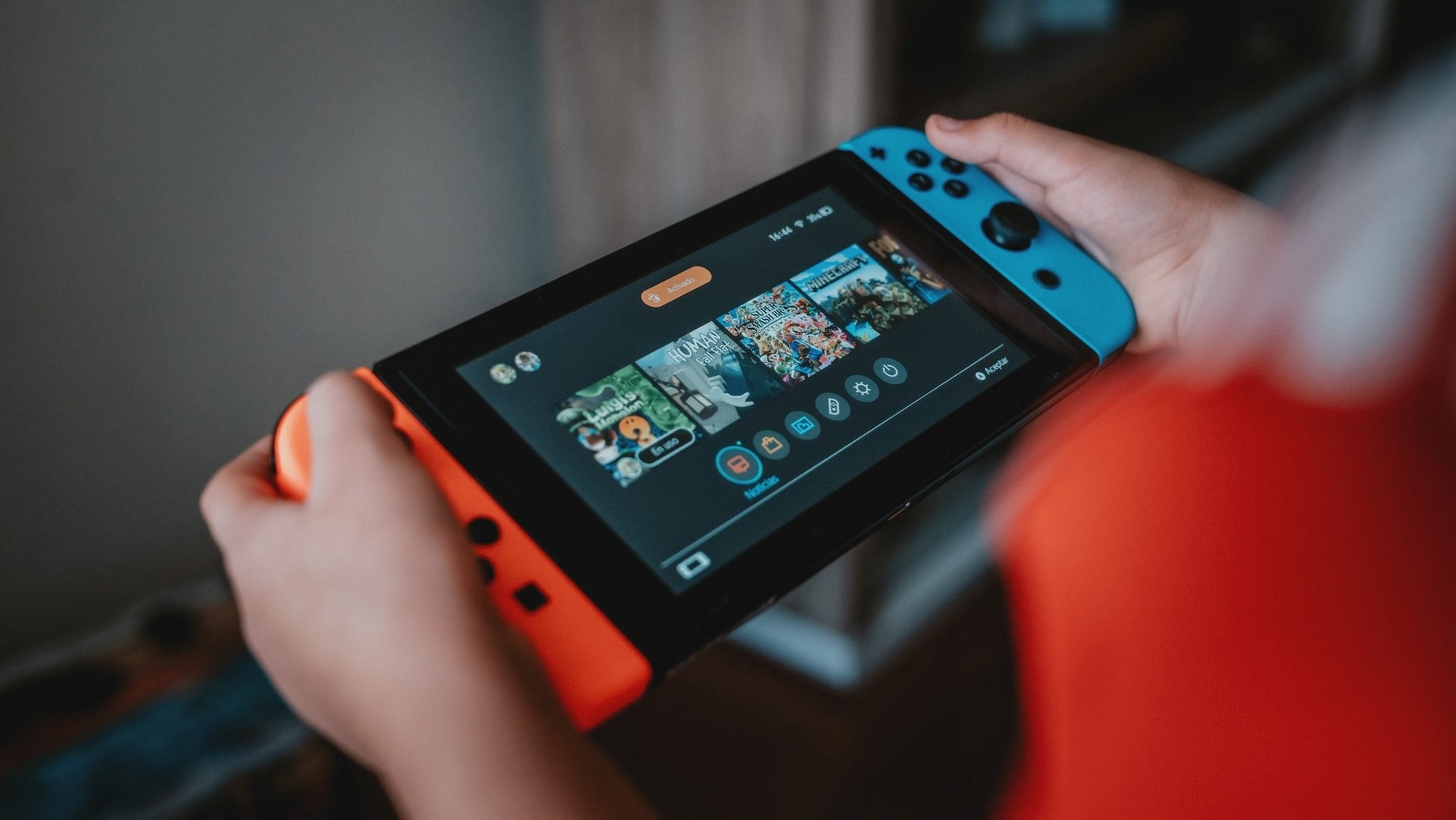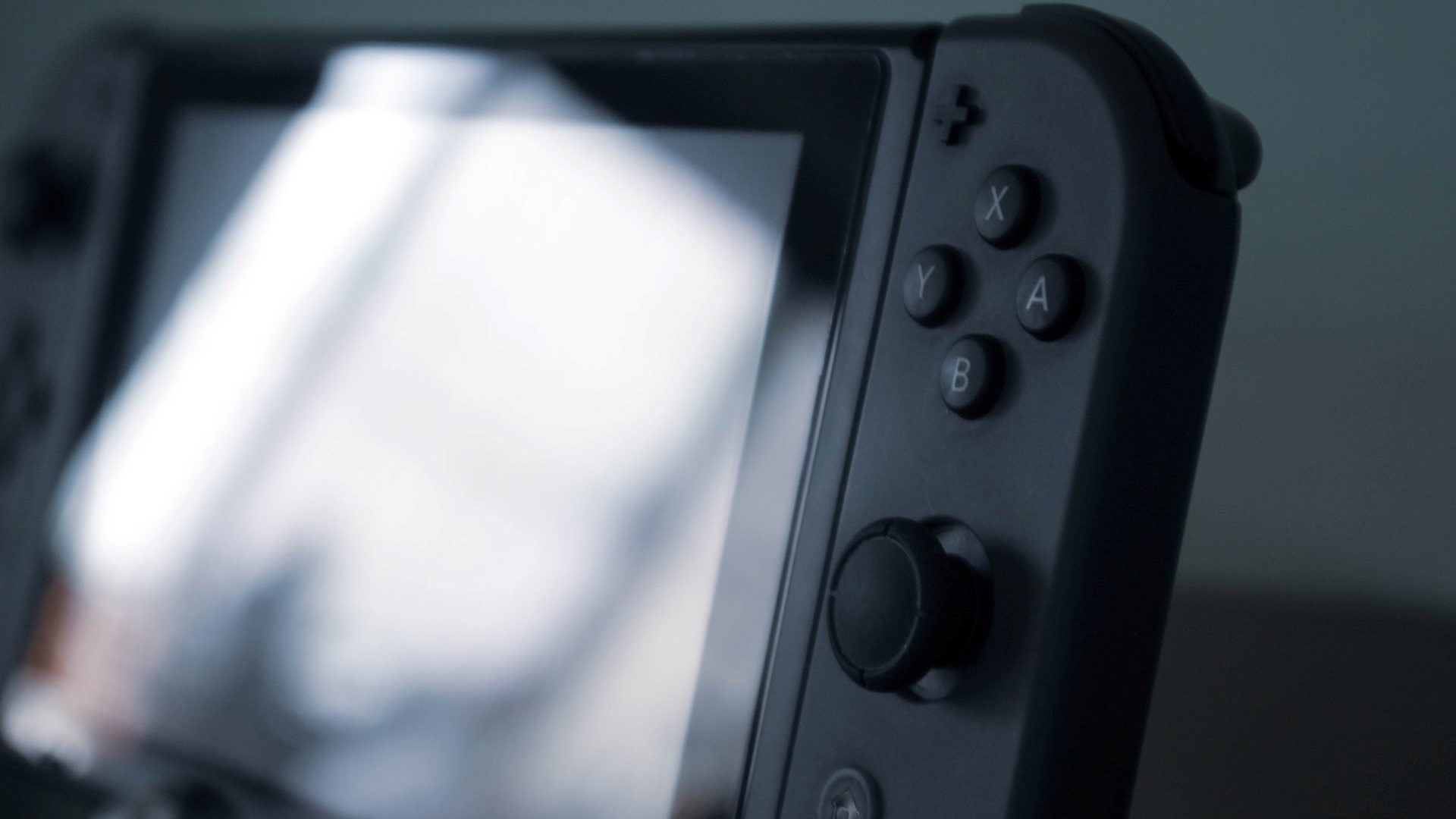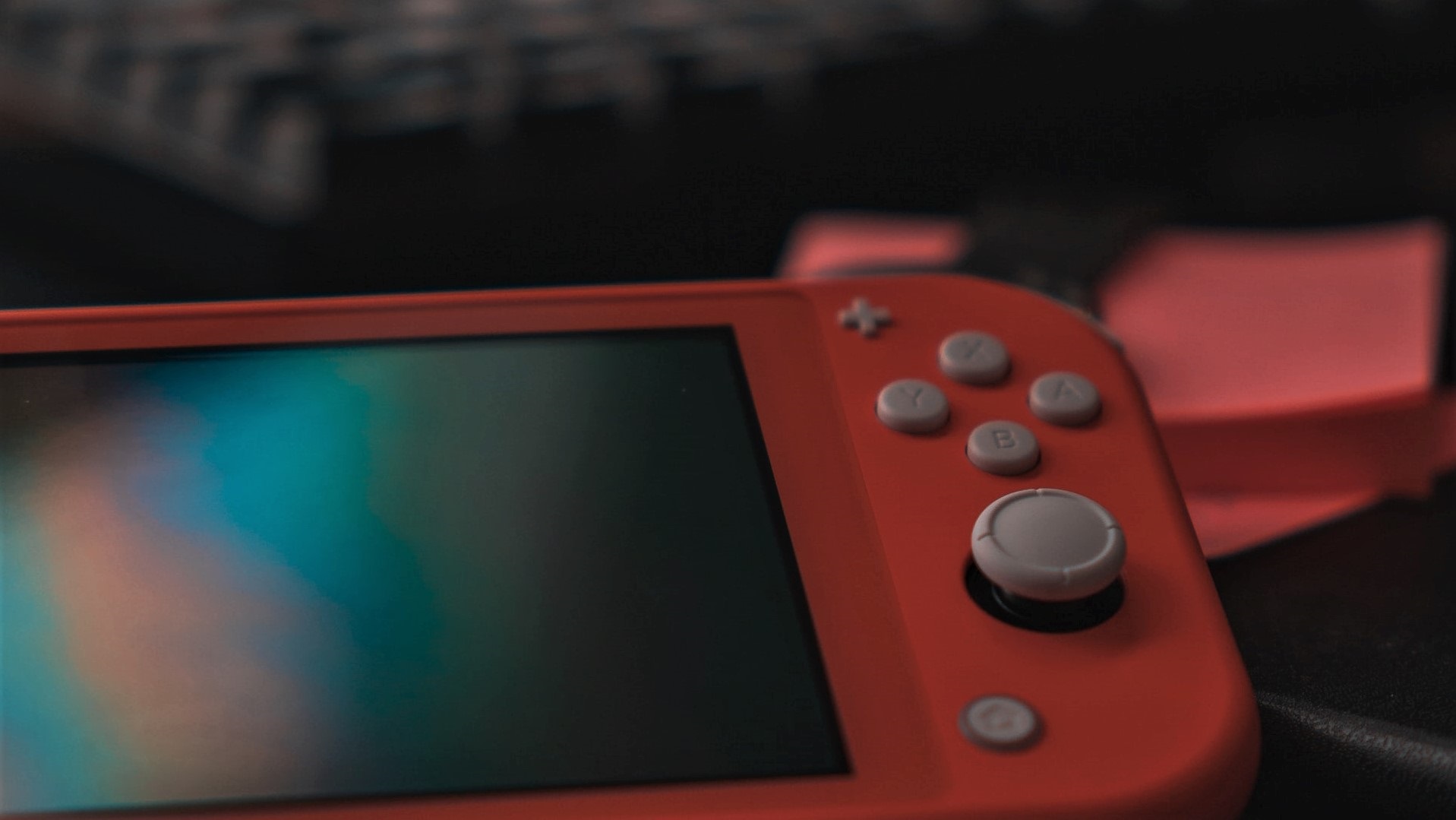How Nintendo can utilize PC while remaining a closed ecosystem
With more and more companies around the world from a variety of backgrounds, philosophies, and talents merging and being bought up, making sure content offerings are plentiful while still remaining strategically available and accessible is becoming more and more important. Since 2020, the pandemic has completely changed the way we consume media on just about every platform and device available, whether it’s your Kindle, smart TV, mobile device, Xbox, or just about anything that has a screen on it these days. Formerly closed and proprietary devices such as Xbox, for example, have gone on to create their own Xbox Game Pass subscription service that has been wildly successful, seeing millions of active users and subscribers each month not only on Xbox devices, but allowing games available on the service to be played outside of the console as well. The Xbox experience has become more accessible than ever, and it’s through this strategy that is allowing Microsoft to pave the way forward for innovation within games distribution and consumption without borders.
With the strategy working well for Microsoft and generating more consumers to the Xbox ecosystem than ever before, it’s hard to ignore the impact that’s been made on having the freedom of choice on how, when, and where we decide to play our games, and with both Windows and Apple computers found in roughly 95% of households in America alone, people are now playing games more than ever – however casual or frequent – which plays large part in the video game industry generating more revenue than films and music combined with an increase of profits year-over-year. It’s hard to not take notice, and you can still have console exclusives appear on PC without taking away the identity of the console itself, and Xbox has done well with the migration of its games also by having parity across platforms with little to no issues in optimization regardless of where you decide to experience a first-party exclusive from Xbox Game Studios.
In 2020, PlayStation took its shot to dabble in the PC space outside of PS Now for the first time by porting Horizon Zero Dawn to both Steam and Epic Games Store storefronts, and despite a few quirks with the optimization, it turned out to be a resounding success. This rightly prompted them to continue with other big exclusive titles such as Days Gone in 2021 and God of War in the beginning of 2022, followed by the most recently confirmed title to be coming to PC, Uncharted: Legacy of Thieves Collection. Though PlayStation’s approach to how they offer their platform exclusives on PC is more selective, it shows a big shift and a willingness to grow, realizing that you can still offer intellectual properties elsewhere without losing the focus or identity of the brand. Sony’s commitment to expand their IP onto PC is also strengthened further thanks to the formation of the PlayStation PC label in late 2021, signaling that what was once seen is testing the waters is now a way to move forward for the games that would benefit most to a PC audience.
Since there’s been so much talk as of late surrounding first-party IPs selectively making their way to the PC space and the positives with it, I can’t help but once again think about and bring about the idea that even Nintendo could benefit from doing the same thing selectively, and do it in a way that still benefits only them, increasing profits, exposure, and even potentially creating crossover consumers. As mentioned earlier, Blizzard (and by proxy Activision) has done well in the PC space by creating a brand, feeling, and space that contained games that couldn’t be found anywhere else. Before Diablo III and Overwatch, Blizzard never really dabbled in the console space outside of random occurrences like Starcraft 64 for Nintendo 64, yet they made a name for themselves and created a launcher containing games that also felt like a portal into another world and not just some store that you happen to be able to play titles from. Closed ecosystems can work even without having to add an additional barrier of access, and Nintendo is big enough – like Blizzard – with immensely powerful IP to have their own launcher and not require additional help or resources from the likes of Valve or CD Projekt. Nintendo is, of course, one of – if not actually – the most restrictive and protective companies in any business within any medium outside of, say, Disney, and while I doubt the company would ever create their own launcher for PC anytime soon (if ever), it’s at least worth taking a look into on how and why they could prevail in doing so.
Nintendo can still retain a closed ecosystem that feels premium, recognizable, and unique while on another device. Developing a client not too different from Battle.Net and providing software there that’d benefit from the inclusion of KB/M – never mind the controller – would actually work surprisingly well for a few games developed and published by the Big N. Mobile devices, much like PCs, are owned by just about everyone walking the earth, and during the era of Wii U when Nintendo was really beginning to noticeably struggle to the point comparisons were made to SEGA’s Dreamcast, expanding into mobile gaming and hardware was one of the smartest things they could have done, generating revenue from a wide selection of new and existing properties as well as collaborating with other mobile-focused developers like Niantic with Pokémon GO and DeNA for Mario Kart Tour. These games alongside new properties like Dragalia Lost and taking advantage of existing properties and converting them to a mobile format like Fire Emblem Heroes and Animal Crossing: Pocket Camp have helped Nintendo reach the top of the charts on both Google Play and the App Store, also breaking records for how quickly revenue has been generated per game as well as number of downloads.
Now while we’ve moved well past the days of the Wii U and have been enjoying the Switch timeline since 2017, Nintendo has still maintained consistent effort in developing and supporting their mobile titles, even developing some that are made available on both mobile and Switch devices like Pokemon Unite and Pokemon Cafe. These strategies, resources, and efforts could also make a gigantic impact on PC, and while Nintendo likely won’t have as much incentive to do so thanks to the huge success of Switch year-over-year and constantly being the most sold system for any given month even with the recent releases of new generation hardware of PS5 and Xbox Series X|S, business is business, and there’s no denying the massive opportunity sitting there waiting for them should they choose to do so.
Titles on PC for Nintendo, much like PlayStation, would have to be very selective, however. Xbox can get away with making every game produced and published now be made available day-and-date with Xbox Game Pass as well as for both Xbox hardware and PC, because Windows in particular is also owned by Microsoft. It’s their playground, their rules, and their ecosystem, so revenue goes straight to them no matter what. PlayStation on the other hand has to be a bit more selective, not to mention they’ve also decided to opt for Steam and Epic Games to distribute their titles so there are partnerships set in place there that also split revenue in different ways. Nintendo has the advantage of not having to worry about that because of their long history in the business and globally-known properties, so marketing and promotion isn’t usually much of an issue for them.
A native client made for Nintendo by Nintendo would be incredibly smart, and even if they didn’t feel the need to develop PC-exclusive (or complementary) software, some games already existing in its library would benefit hugely in the PC space, especially if they can make good use of the keyboard and mouse. Immediately in this regard, Splatoon comes to mind. Splatoon is a fantastic third-person team-based shooter that runs and looks amazing on Switch, but as is with any shooter, KB/M will always be the most advantageous way to play those sorts of games. With the quickness of the mouse (with your preferred DPI and macros), players coming from Switch can mimic gyro movements for more precision, and basic movement with WADS, jump with “space”, and turning into a squid with “shift” basically takes care of majority of inputs. Grenades and specials can be mapped to the traditional F/G/Q/E keys – whichever is preferred for the player. Formerly Nintendo-published titles like Daemon X Machina and a fair share of Square Enix developed games like Octopath Traveler and Bravely Default II that were once console-exclusive have gone to move on to PC after a time of exclusivity and quickly saw success within their respective genres and demographics, though once the move was made Nintendo saw none of that money.
It should be noted, though, that this isn’t just about introducing already existing titles that are successful on Switch to gain even more success through PC ports, but it’s a way to help titles that were practically dead-on-arrival (Sushi Striker: Way of the Sushido) or quickly lost traction like ARMS (which is somehow still a MSRP of $59.99) to have a much longer lifespan and dedicated following through availability via a Nintendo client on PC. Even with its unique control scheme, ARMS can still be made flexible enough to work with a keyboard and mouse through proper mapping – just like any game. With the amount of keys available, there’s more than enough room to make even the oddest of control schemes work, and even for those that still find it uncomfortable, Nintendo’s Pro Controller alternative to the Joy-Con can easily connect via Bluetooth to any PC and is identified exactly as a Nintendo Pro Controller rather than a generic D-Input or X-Input by Windows. Having this as an option on a Nintendo PC client would bring back interest to the game, and could even see a decent enough future if brought back in a free-to-play format similar to Brawlhalla or Paladins where players could go through heroes in a rotational format and buy the ones they’d like if ARMS doesn’t seem strong enough to be sold as a deluxe package on PC (and with a reduced price to a maximum of $39.99).
Similar approaches could be taken with other fighters like Pokken Tournament DX, which would really help give the game the recognition I believe it deserves as a quality fighter with unique mechanics, though a keyboard and mouse approach admittedly would be a little tougher here as traditional fighters tend to not translate too well with that control scheme. Still, that hasn’t stopped titles like Street Fighter V, Tekken 7, Mortal Kombat 11, and Soulcalibur VI from making it to the top of the charts thanks to popularity, optimization, and of course the ever-so-popular fight sticks with USBs. Some mobile titles like Pokemon Unite would hugely benefit from also being made available on PC, and since MOBAs originated and garnered a large following via PC, Pokémon Unite could see yet another large influx of players with more willingness to spend. Pokemon has very rarely seen a PC presence natively outside of its Trading Card Game client, so with the strength of the Pokémon brand in tow and a natural playing ground for MOBA players, Pokemon Unite would no doubt be a huge success.
Obviously, this isn’t an invitation to bring over Zelda and Mario to the PC space. Those will always sell units no matter what and don’t need any help from any competing platform or service, even if it’s still inherently Nintendo on a distribution level. It’s smart to keep the bigger and more console-appropriate stuff for dedicated hardware so there’s still incentive to purchase SKUs, so I would not recommend bringing something like Super Mario Odyssey or The Legend of Zelda: Breath of the Wild, but, again, be selective and smart with content offerings regarding each property.
Like previously mentioned, the PC space and its constant connection to the internet (with vastly superior bandwidth) is also a way to help games that quickly lose their traction, and we’ve seen a lot of titles lately come from Nintendo that put a big emphasis on online functionality even though they’ve been notorious for having some of the worst possible servers and systems in existence. Even with Mario being a household name that’s globally recognized and beloved, sometimes the name doesn’t always bring with it exceptional quality. Mario Tennis Aces, for example, would be one such Mario spinoff/sports title that I do believe would do well in the PC space also, giving the game more flexibility and a longer lasting life with players online than it did solely on Switch alone where content drops were also sparse and sporadic on top of what was already a relatively hollow game, though it didn’t need much to impress after the mess that was Mario Tennis: Ultra Trash Smash on Wii U. Prior to Mario Party Superstars, Super Mario Party was also a hollow shell of a game that I think would have survived longer and been better received had it had the online compatibility it didn’t get until years – I repeat: years – later since more on PC would be willing to stream or play a few games on their desktop or laptop real quick before moving on to something else. It barely had any boards, characters, or minigames that made the experience worthwhile, but it could have been seen as a more accessible and fun experience at a cheaper cost of entry and a drop-in, drop-out approach often seen with live-service titles on PC.
Outside of games, another benefit and source of revenue would be to and from those that own both a Switch and a gaming PC, which would add another layer of (much needed) depth to the Nintendo Switch Online service and implementing that into the client as well. Without a doubt the biggest draw to those of us that own multiple Switch consoles is the cloud save functionality Nintendo Switch Online brings with it, and being able to make use of that feature for seamless cross-platform saves like many titles do nowadays from other publishers and developers would also incentivize consumers to double-dip, spend more, and play more across a multitude of devices. Switch already has the benefit of being able to play console-quality games at home or on the go, but it simply can’t rival the power of a PC, and there are also many owners that only use it as a handheld console anyways, so it could then be seen as complementary to PC so those hardcore players can pick up where they left off when they leave their home with the Switch version of the game.
Titles like Immortals Fenyx Rising, Fortnite, The Witcher 3, Dauntless, and Rocket League are all perfect examples for myself personally as someone who prefers to play those on PC majority of the time, but for when I want to lay on the couch or am leaving the home and need to step away from my desktop, I can play in a mobile format, picking up where I left off after logging into my account and accessing cloud saves. This feature across a multitude of titles and platforms has incentivized myself and others to purchase multiple copies of a game to play however and wherever I’d like with little to no restrictions, and this also makes for a more accepting and open playing field when playing games with friends that happen to be on other platforms with access to only a singular device. A Nintendo client for PC would enable the best of both worlds to come to one place for select content, and you’d absolutely have crossover consumers that after playing a few titles on PC would highly consider a Nintendo Switch system for purchase in the future. Nintendo is always talking about “family” this and “friends” that, but they’ve always been the one with the most restrictions when celebrating the games that do so, even within their own services.
The big takeaway is this: their client, their service, their revenue, their rules. Essentially treating their client and the content within it like they would an Android or iOS device and its accompanying storefront would work just fine. They don’t need to have consistent content because history shows through their NES and SNES offerings that they won’t, but the platform is there to allow for games to have a much deserved second chance or userbase that’s actually willing to shell out the cash and invest time into even the most basic of offerings, and implementing Nintendo Switch Online to allow for more perks and seamless cross-platform play and saves between devices would give it more long-term value and give more merit to the service.
Games like 1-2-Switch are a lost cause, but smaller titles such as The Stretchers, Good Job!, or Kirby Fighters 2 would find a healthy audience, and even more budget friendly games like BoxBoy!, Part Time UFO, and Super Kirby Clash would still open the doors to those not willing to spend as much or may be skeptical, especially to the people that are plagued with the mindset and notion of “Nintendo is for babies” before they realize just how much fun they’re having. Having their client on PC would also add that layer of flexibility for developers that may not be able to entirely wrap their head around the Switch’s hardware and limitations, so titles that are built exclusively for it but still manage to run and/or look really bad could at least have a saving grace on PC through the client. Titles like Astral Chain were great, but they were riddled with a lack of anti-aliasing that made the game (and all photos taken through photo mode) look like a jumbled pixelated mess, and PlatinumGames is way too talented in both their programming and art department to be visually hindered that way.
It’s all a “what if” at the end of the day though, but who knows – maybe if Nintendo had gotten into the PC space earlier and released games selectively alongside their proprietary hardware, it’s possible even the likes of Zelda: Tri Force Heroes and Metroid Prime: Federation Force wouldn’t have been as disastrous as they were given their emphasis on multiplayer. We all know there’s no real need for Nintendo to start offering games on PC and they’re doing just fine now thanks to the success of Switch, but the tumultuous nature video games can see anything happen, and with constant enhancements and evolution in technology, it’d be good for the company to take advantage of the space much like they have dabbled with mobile to help leverage a source of revenue that also serves as a means to promote something bigger. PC shouldn’t be seen as a means to compete, but as a way to complement your existing library and hardware and act as a form of growth that eventually leads all roads to Nintendo’s current-generation SKUs and ecosystem. Flexibility is a strength, and ease-of-access to consumers is more important now than ever before with technology constantly evolving.
